10 Best European Stocks for an Income-Rich Recovery
Wealth managers suggest that U.S. investors delve into foreign equities. These are some of the best European stocks you can buy for bargain prices and decent income, too.

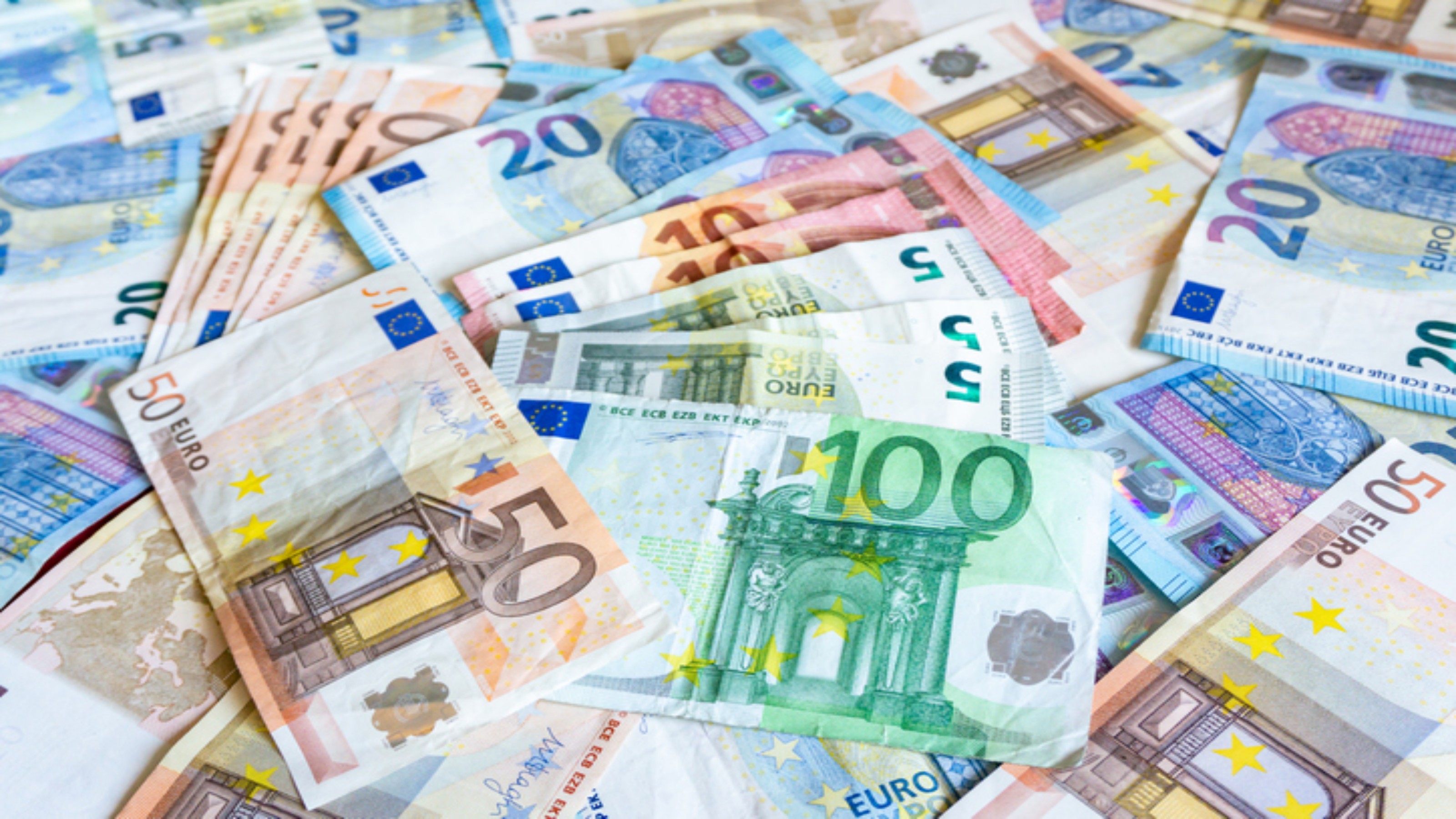
Profit and prosper with the best of Kiplinger's advice on investing, taxes, retirement, personal finance and much more. Delivered daily. Enter your email in the box and click Sign Me Up.
You are now subscribed
Your newsletter sign-up was successful
Want to add more newsletters?

Delivered daily
Kiplinger Today
Profit and prosper with the best of Kiplinger's advice on investing, taxes, retirement, personal finance and much more delivered daily. Smart money moves start here.

Sent five days a week
Kiplinger A Step Ahead
Get practical help to make better financial decisions in your everyday life, from spending to savings on top deals.

Delivered daily
Kiplinger Closing Bell
Get today's biggest financial and investing headlines delivered to your inbox every day the U.S. stock market is open.

Sent twice a week
Kiplinger Adviser Intel
Financial pros across the country share best practices and fresh tactics to preserve and grow your wealth.

Delivered weekly
Kiplinger Tax Tips
Trim your federal and state tax bills with practical tax-planning and tax-cutting strategies.

Sent twice a week
Kiplinger Retirement Tips
Your twice-a-week guide to planning and enjoying a financially secure and richly rewarding retirement

Sent bimonthly.
Kiplinger Adviser Angle
Insights for advisers, wealth managers and other financial professionals.

Sent twice a week
Kiplinger Investing Weekly
Your twice-a-week roundup of promising stocks, funds, companies and industries you should consider, ones you should avoid, and why.

Sent weekly for six weeks
Kiplinger Invest for Retirement
Your step-by-step six-part series on how to invest for retirement, from devising a successful strategy to exactly which investments to choose.
Leading wealth managers including BlackRock, Merrill Lynch and Putnam are advising their clients to invest in foreign stocks to take advantage of better values overseas. And the market's best European stocks are one such store of value-priced diversification.
U.S. stocks are closing on all-time highs yet again, and the S&P 500 is trading at nearly 23 times trailing 12-month earnings. Foreign stocks are a bargain by comparison, trading at a P/E of less than 18, according to Morningstar.
Value is just one of many arguments in favor of international investing. For years, wealth advisors have told clients to invest a portion of their funds overseas to diversify portfolios and mitigate risk.
This advice is particularly timely now given that some European countries are recovering more quickly from COVID-19 than the U.S. In addition to individual-country measures, the European Union passed an $880 billion stimulus package; the U.S. continues to argue about its own follow-up plan.
Economists also anticipate a bigger GDP recovery for Europe next year, with growth pegged as high as 6% versus sub-5% growth for the U.S. Another factor is the present weakness of the U.S. dollar, which makes European stocks and other foreign equities more attractive for U.S. investors.
Here are 10 of the best European stocks you can buy right now. They offer a combination of growth prospects and value. Better still, many of them offer healthy dividend yields, and some are even members of the European Dividend Aristocrats.
Data is as of Oct. 8. Yields represent the trailing 12-month yield, which is a standard measure for international stocks. Dividends on some international stocks may be taxed at a higher rate; however, the IRS offers a foreign tax credit that investors can use to offset taxes collected by foreign governments.
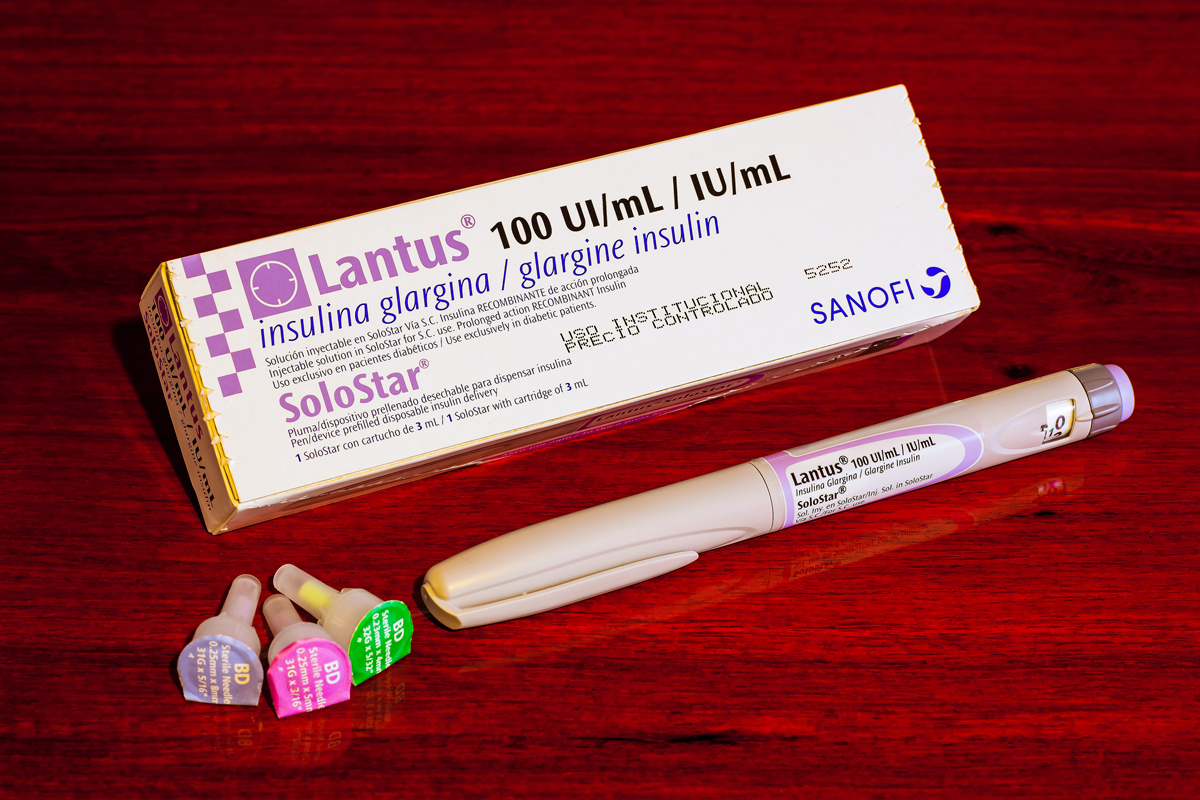
Sanofi
- Market value: $126.5 billion
- Dividend yield: 3.4%
French pharmaceutical Sanofi (SNY, $50.36) owns blockbuster drugs including Lantus for diabetes, Dupixent for eczema and Kevzara for rheumatoid arthritis.
Sanofi – under Paul Hudson, who took the reins just more than a year ago – is refocusing its drug development pipeline on oncology and rare diseases while pivoting away from cardiovascular and diabetes. Lantus has been a big contributor to Sanofi's revenues, but the treatment's profits are declining due to generic competition.
Still, Sanofi "has a strong new drug pipeline that includes dipilumab, for atopic dermatitis and other inflammatory conditions, and its own immuno-oncology candidate, Libtayo (cemiplimab)," writes Argus Research's John Eade, who rates the stock at Buy.
SNY bolstered its oncology pipeline late last year via the $2.5 billion purchase of biotechnology firm Synthorx and in August 2020 agreed to pay $3.7 billion for Principia Biopharma, which has treatments for multiple sclerosis (MS). This gives Sanofi full control over a promising MS treatment in Phase 3 trials, as well as another new late-stage drug for a rare autoimmune disorder that causes skin blistering. Cash for acquisitions isn't an issue, as the company sold its $11 billion stake in Regeneron (REGN) back in May.
Sanofi's overall sales fell 3% in the first half of 2020, but sales in its higher-margin Specialty Care segment grew 17%, led by a strong performance by Dupixent. Meanwhile, earnings per share (EPS) grew by 8.1%. The company is guiding for 6% to 7% EPS growth across the full year.
Other potential catalysts: Sanofi plans to eventually spin off its over-the-counter (OTC) drug business as a separate unit, and it also will cut costs to boost operating margins from 26% to 32%.
SNY is one of the best European stocks from a value perspective, trading at less than 15 times analysts' estimates for next year's earnings, which is 46% less than the health care sector median. Eade says "valuations are attractive" and adds that "we like the fact that the company pays a sustainable dividend."
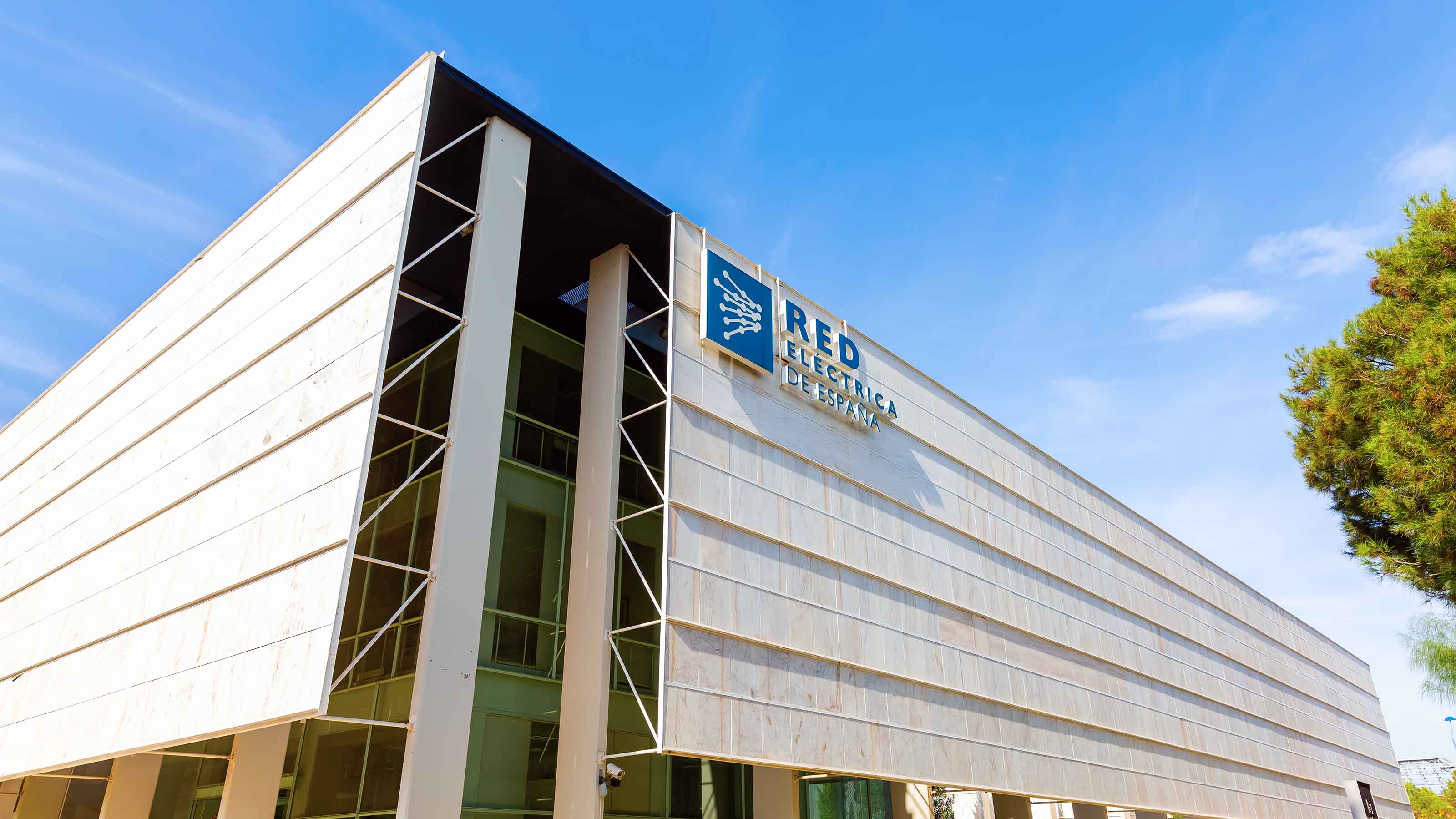
Red Electrica
- Market value: $10.1 billion
- Dividend yield: 6.3%
Red Electrica (RDEIY, $9.39) operates electrical transmission grids in Spain, Peru, Chile and Brazil. The company also owns a telecommunications fiber optic network covering 50,000 kilometers across Spain. Last October, Red Electrica acquired a majority stake in Hispasat SA, the leading satellite infrastructure operator in Spain and Portugal.
Red Electrica plans to diversify its revenues across electricity transmission, telecommunications and technology services businesses to achieve a more balance mix of regulated and unregulated profits. The company is also investing over $7 billion or roughly 25% of total investment spending over five years into renewable wind and solar and building out a telecom infrastructure that can handle the bigger loads associated with growth in cloud computing, cybersecurity, Big Data and the Internet-of-things.
The company's sales fell 1.5% during the first six months of 2020 because of reduced electricity tariffs. That was partially offset by revenue contributions from Hispasat SA and a Brazilian electrical utility acquired in March. Net profits declined 8.4% due to acquisition-related expenses and higher interest costs.
Red Electrica produces the slow, steady growth typical of a utility; EPS have risen 6% a year and dividends 8% annually over five years. But it has been a reliable dividend payer, writing checks every year since 1999.
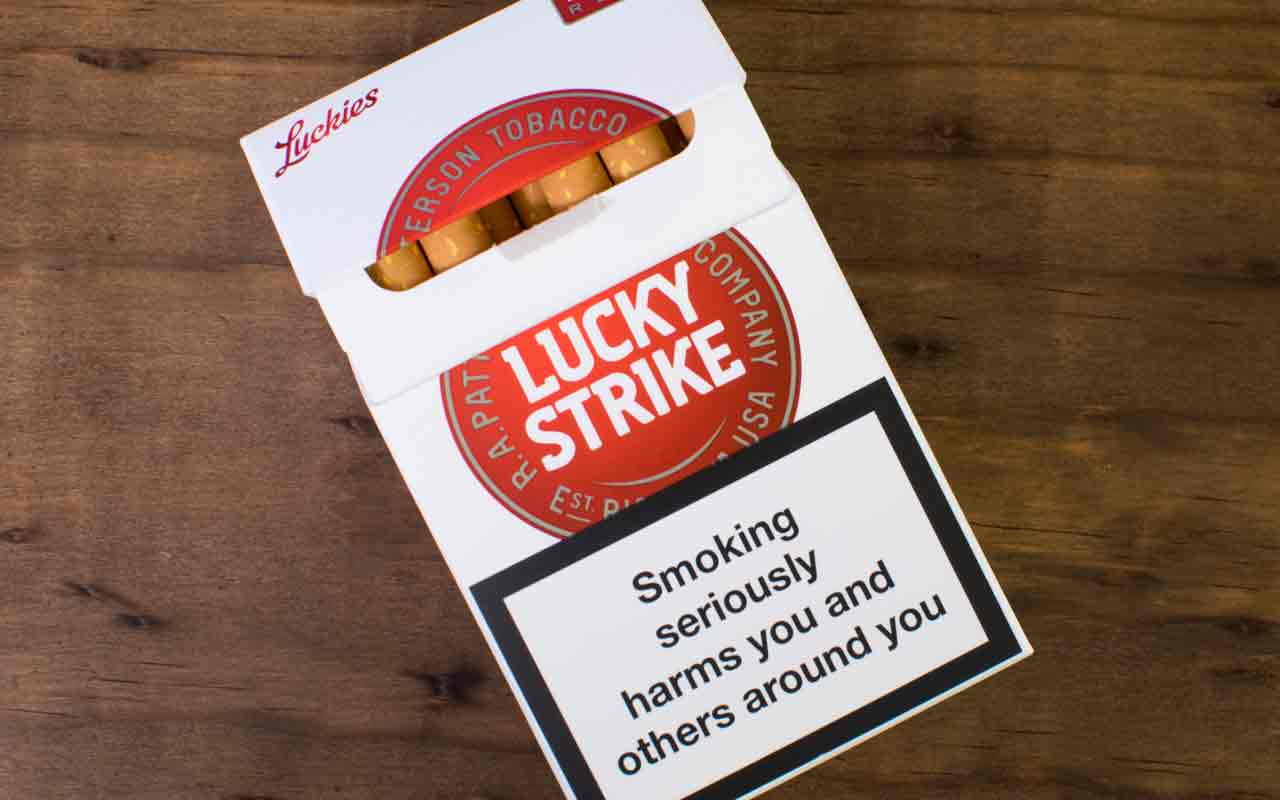
British American Tobacco
- Market value: $81.0 billion
- Dividend yield: 7.7%
British American Tobacco (BTI, $35.31) sells cigarettes, vaping and tobacco heating products and oral tobacco in over 200 countries worldwide. The company's well-known brands include Dunhill, Kent, Newport, Rothmans, Camel and Kool, and it ranks as one of the top three tobacco companies worldwide.
BAT's e-cigarette brands are market leaders in the U.K., and its Vuse brand is rapidly gaining market share in the U.S. due to a recent FDA ban on flavored e-cigarettes that hurt competing brand Juul.
The company's profits rose 3.3% during the first six months of 2020, fueled by growth in higher-margin products and expense reductions, which more than offset a COVID-19 related volume decline. Sales of new product categories, which include vaping, tobacco heated and oral products, rose nearly 15%. BAT is guiding for mid-single-digit adjusted EPS growth in 2020, which is consistent with its historical 5% average annual growth rate.
British American Tobacco has increased dividends every year more than two decades, and it's one of the best European stocks for raw yield; BTI shares dole out almost 8% annually at current prices. Better still, you're getting this European dividend stock for just 8 times earnings estimates.
Argus Research's David Coleman and Taylor Conrad like shares despite headwinds for tobacco. "The stock has recently faced pressure from concerns about stronger FDA regulation of both smokeless and smokeable products, and the reduction of nicotine in these products to nonaddictive levels," they write, while rating the stock a Buy. "We think the shares offer value, though, as well as a high dividend yield."
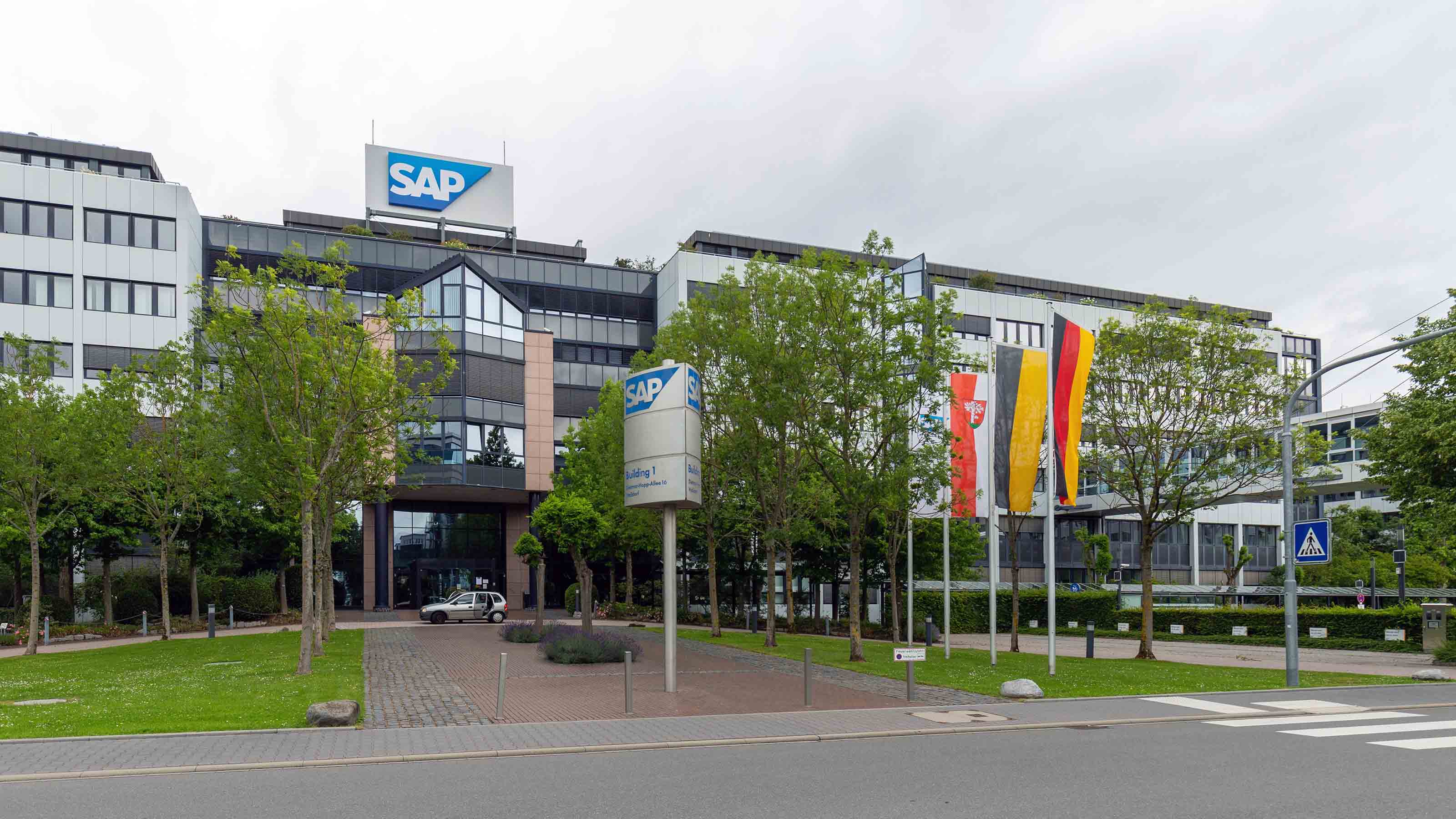
SAP
- Market value: $186.4 billion
- Dividend yield: 1.1%
German software giant SAP (SAP, $156.12) is a world leader in enterprise software, which has 440,000 customers across 180 countries, including 92% of the Forbes Global 2000 firms. SAP hosts more than 200 million subscribers on its cloud-based software, and about 77% of the world's transactional revenues are processed on its systems.
SAP's cloud revenues grew 25% during the first six months of 2020, total revenues rose 4% and EPS more than doubled as a result of margin gains on a better product mix. Both figures are a little ahead of full-year estimates, which include forecasts for 2020 cloud revenues to grow 18% to 24%, and total sales to gain 1% to 3%.
The cash situation, from which dividends flow, is great too. Free cash flow (FCF) improved by 59% during the first six months of this year, and SAP recently raised its outlook for 2020 FCF. That should provide plenty of funding for dividends.
SAP, unlike these other European stocks, isn't particularly cheap at 23 times next year's earnings estimates. But that still compares favorably to Adobe (ADBE) and Salesforce.com (CRM), which trade at respective forward P/Es of 45 and 71.
Also worth noting: SAP announced plans to take its Qualtrics software business public through an American initial public offering (IPO) while retaining a majority stake. SAP purchased Qualtrics 18 months ago for $8 billion.
RBC Capital analyst Alex Zukin (Sector Perform) raised his price target on SAP shares in August, from $150 to $162, saying that he sees encouraging signs for SAP and that the incremental commentary from Q2 results was "positive."
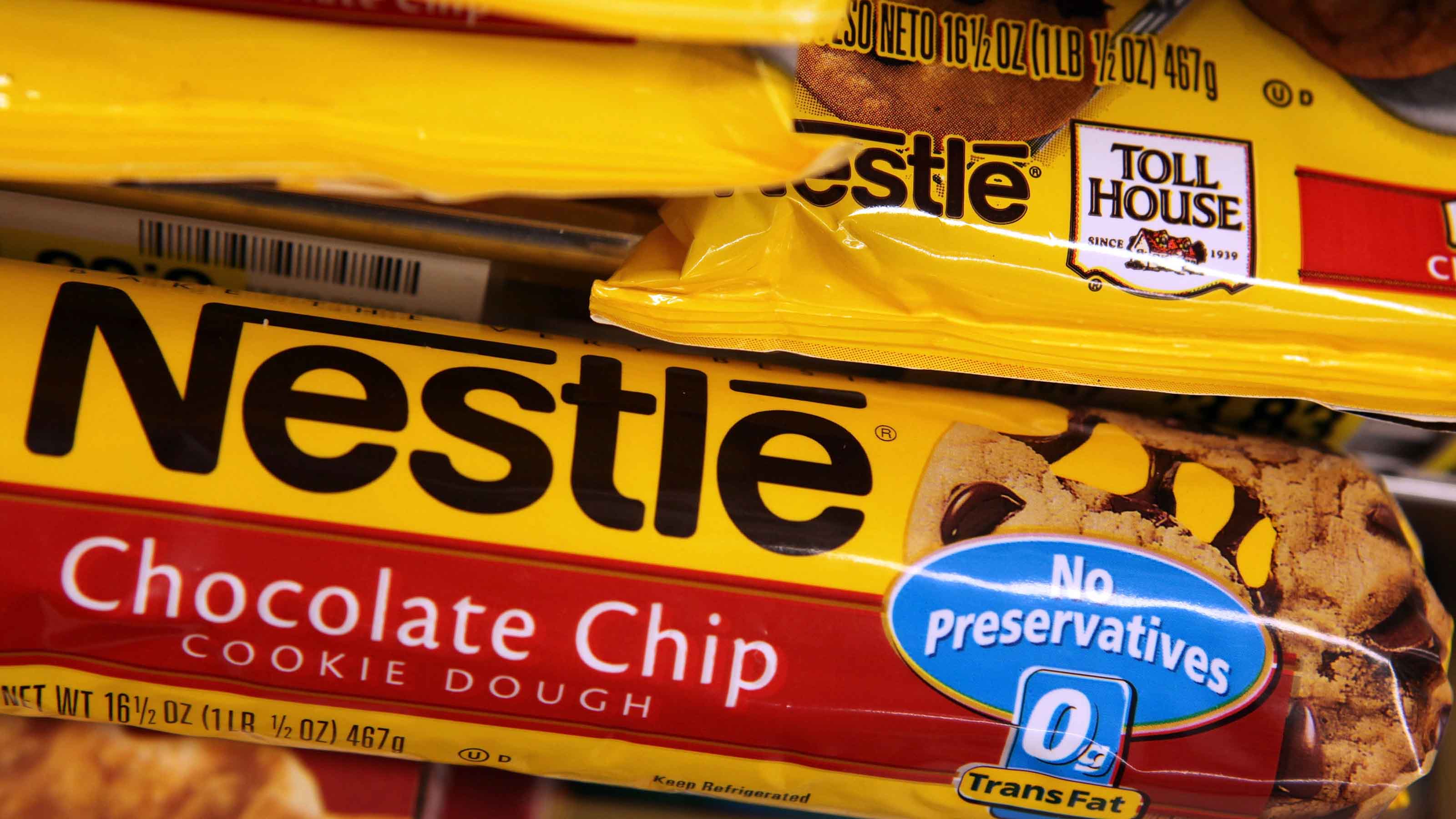
Nestle
- Market value: $339.6 billion
- Dividend yield: 2.4%
Swiss food/beverage giant Nestle (NSRGY, $117.93) is the world's largest packaged food company. Nestle boasts a global footprint and a portfolio of more than 2,000 brands, and an impressive 34 of those generate more than $1 billion in annual sales each. The company's iconic brands include Gerber baby food, Nescafe coffee, Coffee Mate creamer, Perrier bottled water and Purina pet food.
Nestle's organic sales improved by 2.8% in the first half of 2020, exceeding analyst estimates as a result of strong sales of premium pet foods. Net profits rose 18.3%, boosted by its recent sale of the U.S. ice cream business, and the company is guiding for 2% to 3% organic sales growth this year.
As part of its overall growth strategy focused on streamlining its portfolio and expanding in product categories where it can build a No. 1 or No. 2 market share, Nestle recently announced plans to sell its Buitoni pasta business. NSRGY also is exploring the sale of its North American bottled water business, including brands like Poland Spring and Pure Life, so it can focus more resources on upscale brands like San Pellegrino and Perrier, as well as caffeinated water.
No wonder Nestle is considering even more portfolio downsizing considering its recent success. The company has accelerated its annual EPS growth from 4% annually over the past decade to 16% over the past three years.
Nestle is also one of the best European stocks for dividend longevity, boasting more than six decades of payouts. That dividend has been growing uninterrupted for a quarter-century, too.
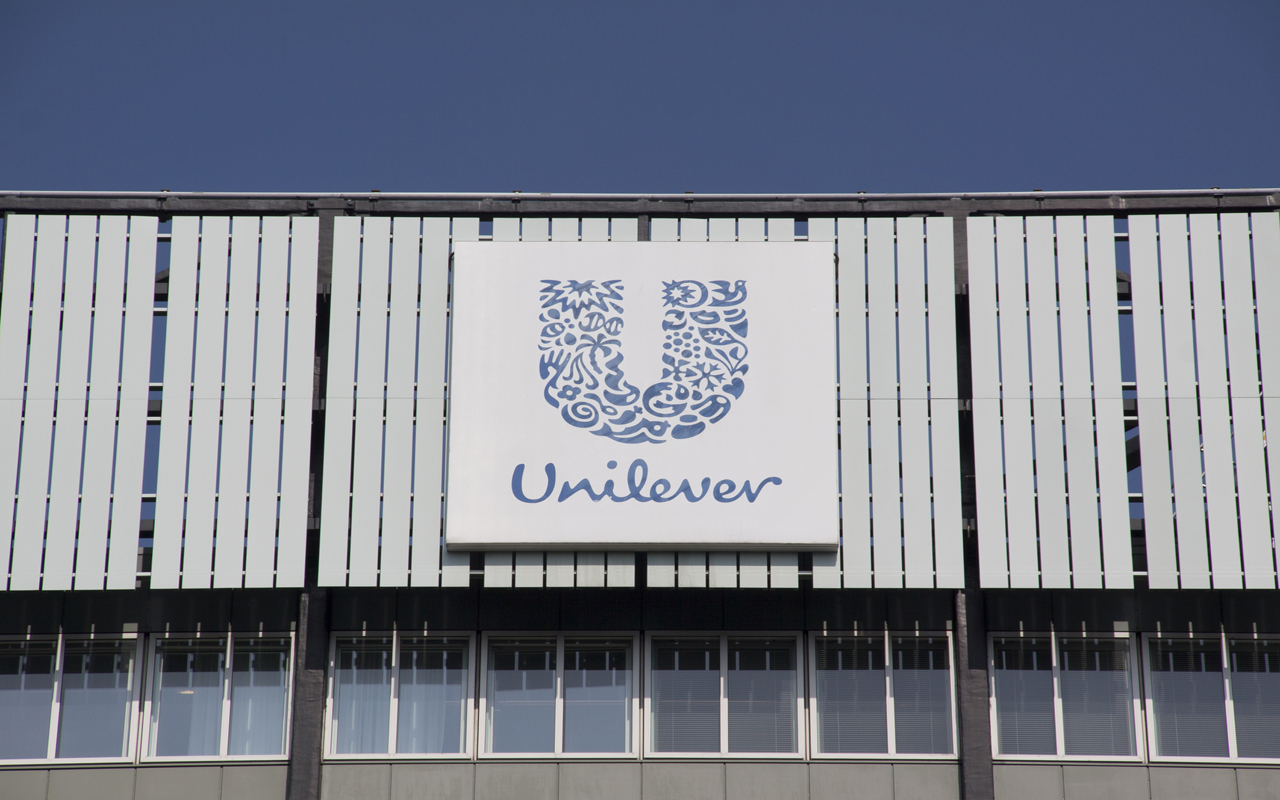
Unilever
- Market value: $163.1 billion
- Dividend yield: 3.0%
Unilever Group (UL, $62.22) is a consumer staples conglomerate with operations in beauty and personal care, foods and home care. The company owns more than 400 consumer brands, including prominent household names such as Dove soap, Vaseline moisturizer, Breyer's ice cream and Hellmann's mayonnaise.
Strong demand for food and cleaning products enabled Unilever to increase market share and North American sales by 9.5% during the first half of 2020; however, overall sales slowed slightly because of weakness in emerging markets. Still, Unilever's EPS rose 9.2% YoY, and free cash flow nearly doubled as a result of working capital improvements.
At present, Unilever's biggest challenge comes from emerging markets (60% of revenues) that are not stockpiling consumer staples as quickly as the U.S. or Europe. In addition, Unilever owns businesses like Ben & Jerry's ice cream parlors and food catering that have weakened during the pandemic.
In a move to go more upscale with its brands, Unilever acquired a portfolio of health food drinks, including the popular Horlicks brand, during the June quarter. The company also plans to spin off most of its tea business as a separate entity while retaining its Lipton iced tea joint venture with PepsiCo (PEP).
Unilever's dividend, which has been paid continuously since 1984, is doled out quarterly. Although the amount doesn't rise consistently, annual growth over five years has ranged around 11%.
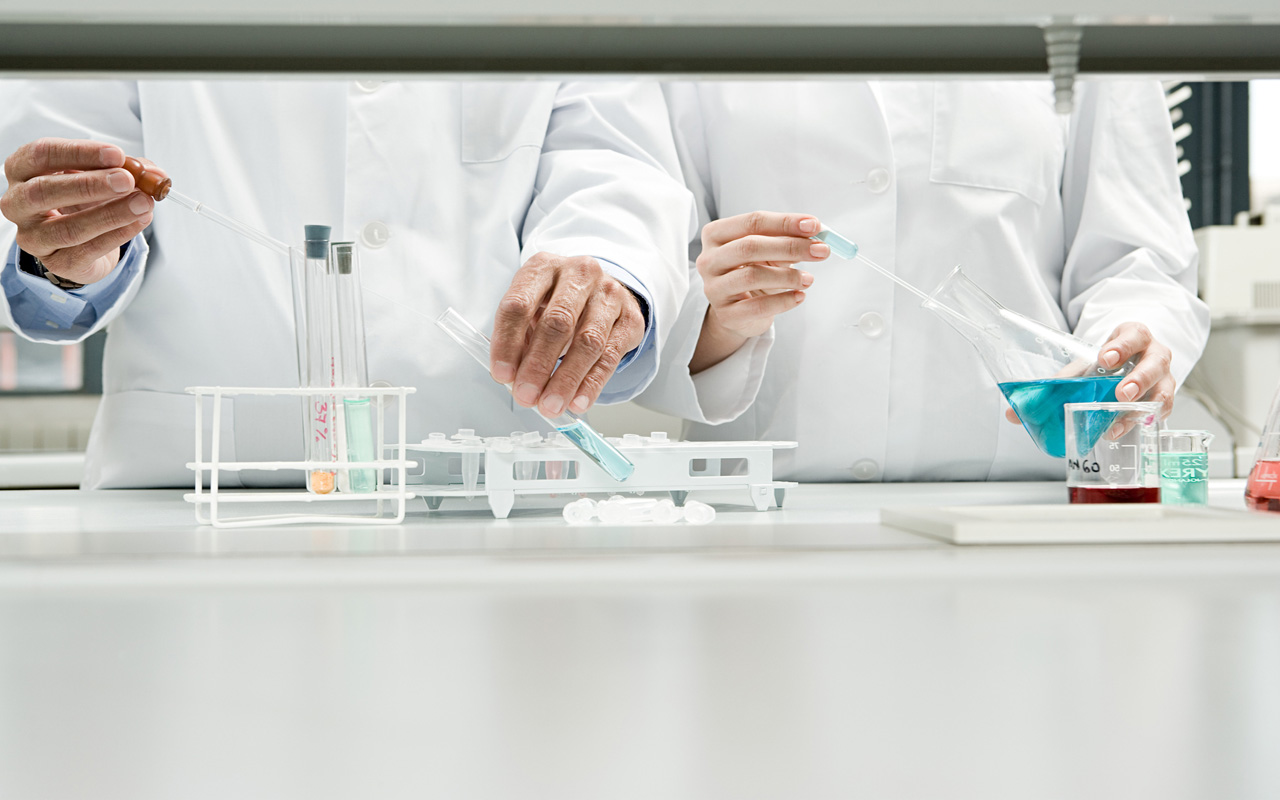
Roche
- Market value: $293.8 billion
- Dividend yield: 2.7%
Roche Holdings (RHHBY, $42.97) is the world's largest biotech company, specializing in treatments for cancer, infectious disease, immunology and the central nervous system, and the global leader in in-vitro and cancer diagnostics.
Sales of the company's new drugs for hemophilia and multiple sclerosis are helping to offset slowed growth of its blockbuster cancer drugs (Herceptin, Rituxan and Avastin) due to generic competition. That has helped Roche generate solid 10% annual EPS gains over the past three years.
The company recently expanded into gene therapy via its $4.8 billion acquisition of Spark Therapeutics, which closed in late 2019. The deal provides Roche with a commercialized gene therapeutic and several development-stage drugs.
Roche has emerged as an important player in the coronavirus space thanks to its COVID-19 antibody-based test kits. The company also is teaming up with Regeneron to triple production of a highly promising COVID-19 therapeutic. Study results are expected in September and the drug could secure FDA approval before year-end.
"The company has the ability to grow despite the biosimilar erosion of key franchises," writes UBS analyst Michael Leuchten (Buy). "The pipeline is not mere replacement but adds true upside optionality which at the current valuation discount is we think mispriced by the market."
Roche has paid an annual dividend since 1993 and hiked payments nearly 6% in 2020.
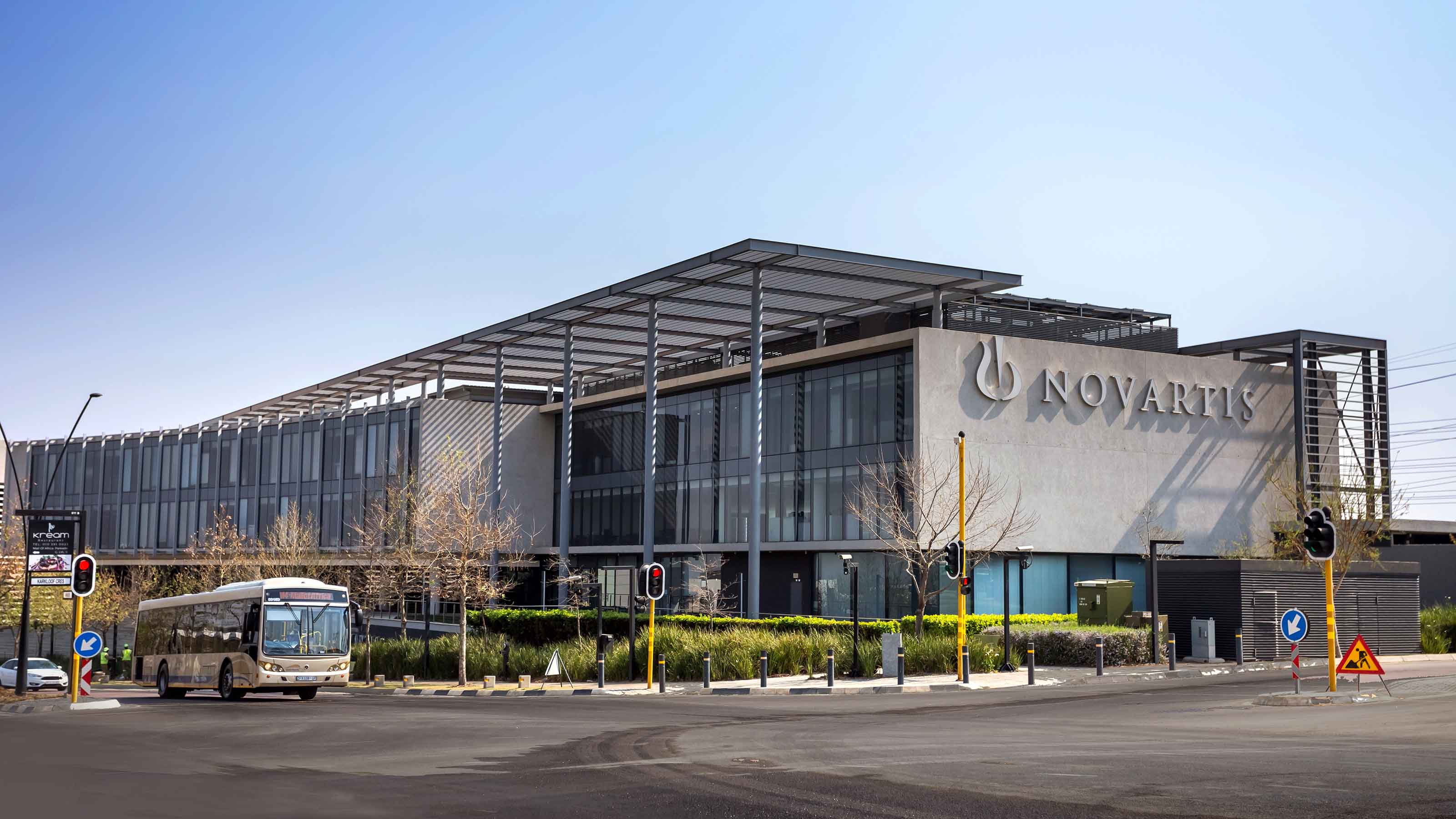
Novartis
- Market value: $200.4 billion
- Dividend yield: 3.5%
Swiss drug-maker Novartis (NVS, $87.54) is becoming a leaner, more focused company under Vasant Narasimhan, who became CEO in February 2020. Novartis has shed its consumer health care and eyecare businesses and downsized its Sandoz generic drug business while adding cutting-edge prescription drugs like gene therapy Zolgensma and cancer drug Lutathera via acquisitions. Other new drugs driving growth last year were Cosentyx for psoriasis and rheumatoid arthritis and Entresto for heart failure.
NVS expanded its portfolio of cholesterol-lowering drugs in 2019 by acquiring Medicines Company, which is developing a cholesterol drug based on a new technology that requires just twice-a-year administration. Demand for cholesterol drugs is growing 11% annually and present a multibillion-dollar market opportunity.
Novartis's revised growth strategy looks to be turning things around; annual EPS growth has improved to 5% three years from EPS declines over the trailing five- and 10-year periods. The company's sales rose 6% in the first half of 2020 and core EPS improved 14% as a result of strong sales of Entresto, Zolgensma and Cosentyx, which was partly offset by fewer patient visits due to the pandemic.
Novartis has delivered a continuously rising dividend since 1996. Better still, NVS is like many of the other best European dividend stocks in that share present a value at current prices.
"We are upgrading our rating on Novartis from Neutral to Buy," writes UBS's Laura Sutcliffe. "We think the valuation argument is compelling: the shares are trading near two-year lows vs the European peer group.
"There are several interesting late stage pipeline assets and we think newsflow around these plus Kesimpta's launch in MS (we are 43% ahead of consensus by 2025) should mean investors are willing to take a fresh look."
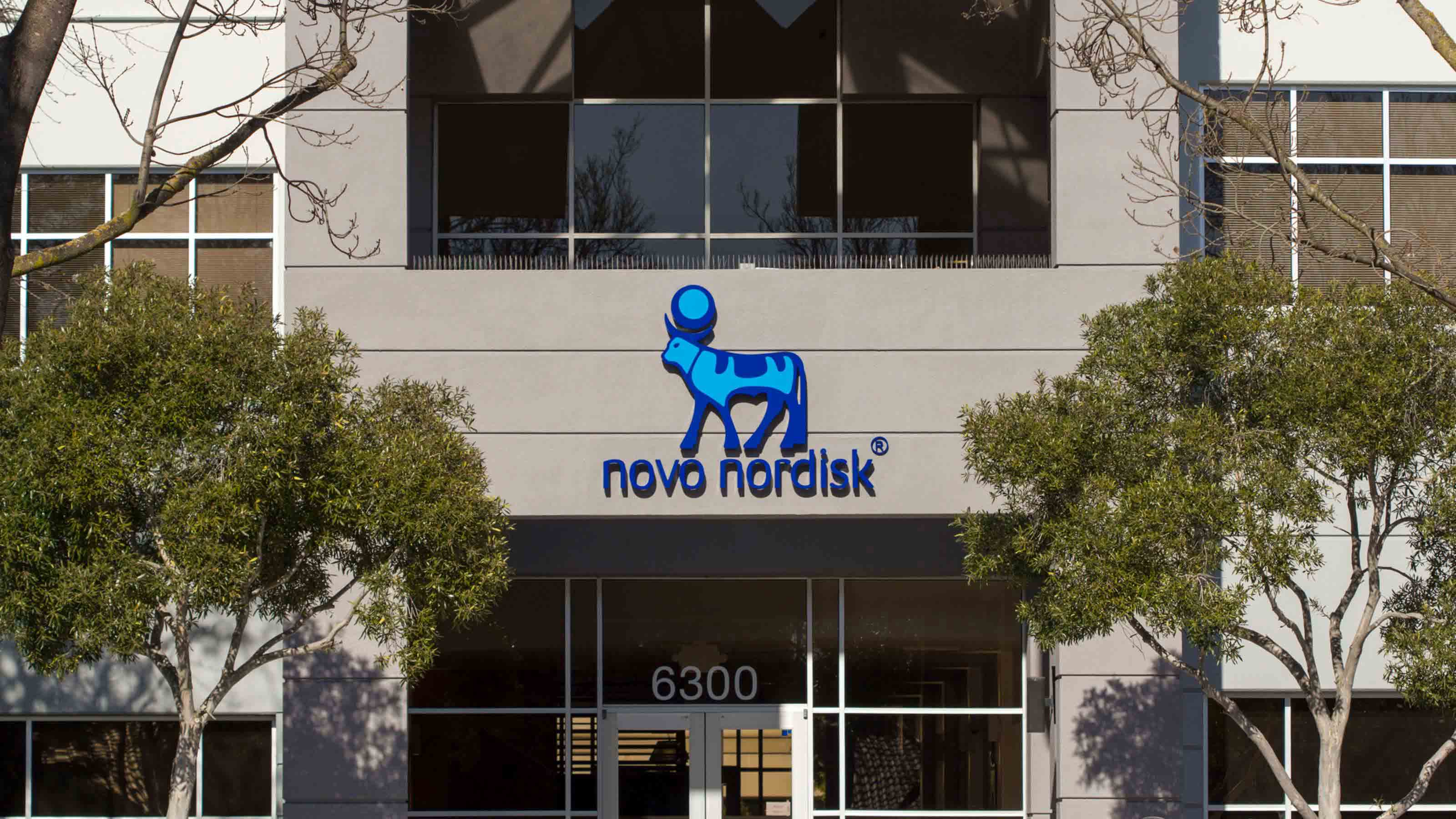
Novo Nordisk
- Market value: $165.7 billion
- Dividend yield: 1.8%
Novo Nordisk (NVO, $71.24) is one of the leaders in diabetes drugs, with more than 30 million patients in 170 countries relying on Novo's products. Its GLP-1 therapeutics for type-2 diabetes already commands a 29% share of the worldwide diabetes market.
Because diabetes is a chronic condition, sales of these drugs are recurring. Novo is using the resulting strong cash flow to venture into higher-margin niches like obesity care and drugs for hemophilia and human growth disorders.
Novo Nordisk owns one of the few FDA-approved obesity drugs (Saxenda) and is pushing to have the drug covered by employer health plans. Launched in 2014, Saxenda has quickly grown to become the world's top obesity drug by sales, and it currently commands a 60%-plus global market share.
The moat provided by its strong diabetes and obesity drug franchises has contributed to reliably rising EPS averaging 8% annually over five years. Novo Nordisk's sales grew 7% in the first half of 2020, fueled by growing worldwide demand for its diabetes, obesity and human growth disorder therapeutics. EPS improved by 14%.
In June the company added cardio-renal disease therapeutics to its portfolio via the $2.1 billion acquisition of Corvidia Therapeutics.
Novo Nordisk has increased its dividend every year since 2005 and pays dividends semi-annually.
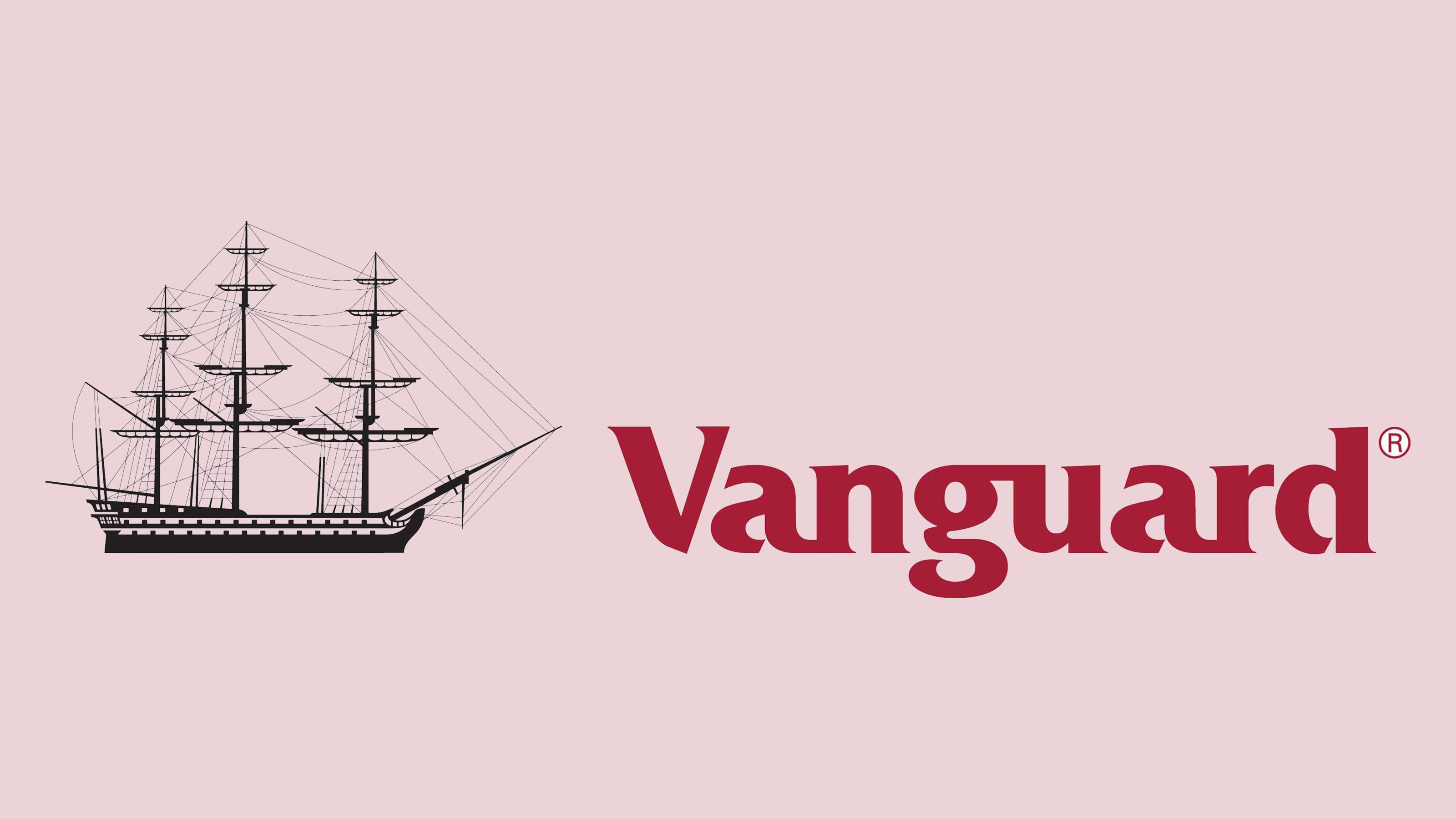
Vanguard FTSE Developed Markets ETF
- Assets under management: $76.8 billion
- Dividend yield: 2.4%
For investors who are uncomfortable investing in individual ADRs or generally just want a more diversified holding of European stocks, funds like the Vanguard FTSE Developed Markets ETF (VEA, $41.96) offer an attractive alternative to individual stocks.
This Vanguard fund is the largest developed-markets ETF and garners Morningstar's top rating. It is designed to track the performance of the major developed countries (excluding the U.S.) index and is categorized as a foreign large blend fund.
More than 97% of its investments are non-US equities, including many of the best European stocks on this list. The fund is more than 50% exposed to European equities, including the aforementioned Nestle, Roche and SAP. That said, you also get exposure to other large developed markets such as Japan, Canada and Australia.
VEA boasts a skinflint 0.05% expense ratio, which means you'll pay just $5 annually on a $10,000 investment. It also keeps costs low via a mere 2.4% turnover ratio, which means it would take about 41 years for the entire portfolio to turn over.
You also get a decent 2.4% dividend in this European ETF, which pays its distributions quarterly.
Profit and prosper with the best of Kiplinger's advice on investing, taxes, retirement, personal finance and much more. Delivered daily. Enter your email in the box and click Sign Me Up.

Lisa currently serves as an equity research analyst for Singular Research covering small-cap healthcare, medical device and broadcast media stocks.
-
 How to Watch the 2026 Winter Olympics Without Overpaying
How to Watch the 2026 Winter Olympics Without OverpayingHere’s how to stream the 2026 Winter Olympics live, including low-cost viewing options, Peacock access and ways to catch your favorite athletes and events from anywhere.
-
 Here’s How to Stream the Super Bowl for Less
Here’s How to Stream the Super Bowl for LessWe'll show you the least expensive ways to stream football's biggest event.
-
 The Cost of Leaving Your Money in a Low-Rate Account
The Cost of Leaving Your Money in a Low-Rate AccountWhy parking your cash in low-yield accounts could be costing you, and smarter alternatives that preserve liquidity while boosting returns.
-
 Nasdaq Slides 1.4% on Big Tech Questions: Stock Market Today
Nasdaq Slides 1.4% on Big Tech Questions: Stock Market TodayPalantir Technologies proves at least one publicly traded company can spend a lot of money on AI and make a lot of money on AI.
-
 Fed Vibes Lift Stocks, Dow Up 515 Points: Stock Market Today
Fed Vibes Lift Stocks, Dow Up 515 Points: Stock Market TodayIncoming economic data, including the January jobs report, has been delayed again by another federal government shutdown.
-
 Stocks Close Down as Gold, Silver Spiral: Stock Market Today
Stocks Close Down as Gold, Silver Spiral: Stock Market TodayA "long-overdue correction" temporarily halted a massive rally in gold and silver, while the Dow took a hit from negative reactions to blue-chip earnings.
-
 If You'd Put $1,000 Into AMD Stock 20 Years Ago, Here's What You'd Have Today
If You'd Put $1,000 Into AMD Stock 20 Years Ago, Here's What You'd Have TodayAdvanced Micro Devices stock is soaring thanks to AI, but as a buy-and-hold bet, it's been a market laggard.
-
 Nasdaq Drops 172 Points on MSFT AI Spend: Stock Market Today
Nasdaq Drops 172 Points on MSFT AI Spend: Stock Market TodayMicrosoft, Meta Platforms and a mid-cap energy stock have a lot to say about the state of the AI revolution today.
-
 S&P 500 Tops 7,000, Fed Pauses Rate Cuts: Stock Market Today
S&P 500 Tops 7,000, Fed Pauses Rate Cuts: Stock Market TodayInvestors, traders and speculators will probably have to wait until after Jerome Powell steps down for the next Fed rate cut.
-
 S&P 500 Hits New High Before Big Tech Earnings, Fed: Stock Market Today
S&P 500 Hits New High Before Big Tech Earnings, Fed: Stock Market TodayThe tech-heavy Nasdaq also shone in Tuesday's session, while UnitedHealth dragged on the blue-chip Dow Jones Industrial Average.
-
 Dow Rises 313 Points to Begin a Big Week: Stock Market Today
Dow Rises 313 Points to Begin a Big Week: Stock Market TodayThe S&P 500 is within 50 points of crossing 7,000 for the first time, and Papa Dow is lurking just below its own new all-time high.
